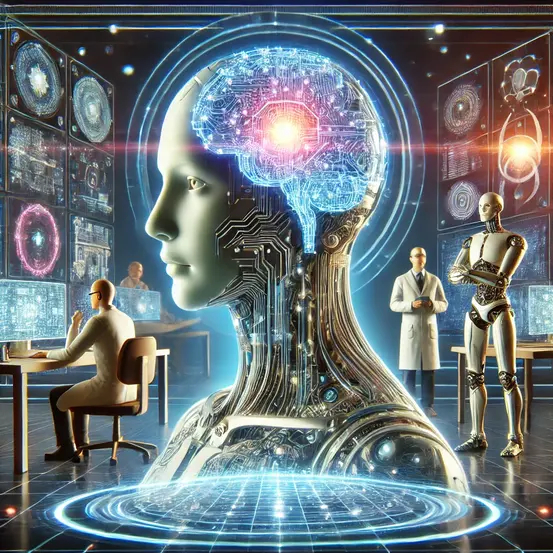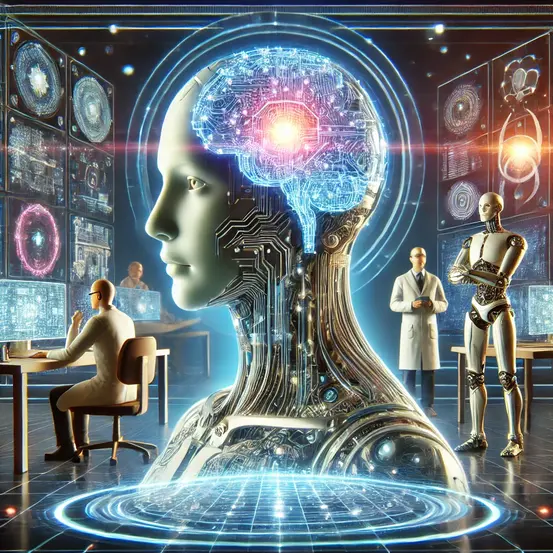
Agriculture has always been at the mercy of variables such as weather conditions, pests, and soil health. However, the advent of AI and digital technologies is mitigating these uncertainties by providing farmers with data-driven insights and automated solutions. This technological shift is enhancing productivity, optimizing resource use, and promoting sustainable farming practices.
The global AI in agriculture market is experiencing significant growth, projected to increase from $1.7 billion in 2023 to $4.7 billion by 2028. This surge underscores the pivotal role that advanced technologies are playing in modernizing agriculture and addressing critical issues such as food security and environmental sustainability.

Applications and Benefits of AI in Agriculture
- Precision Farming AI enables precision farming by analyzing data from various sources, including satellite imagery and sensors, to monitor crop health, soil conditions, and weather patterns. This information allows farmers to make informed decisions about planting, irrigation, and fertilization, leading to increased yields and reduced input costs.
- Predictive Analytics Through machine learning algorithms, AI can forecast crop yields and predict pest infestations or disease outbreaks. These predictive capabilities allow for proactive measures, minimizing potential losses and ensuring better crop management.
- Automated Machinery The development of autonomous tractors and drones equipped with AI technology is revolutionizing tasks such as planting, harvesting, and crop monitoring. These machines operate with high precision and efficiency, reducing the reliance on manual labor and increasing operational efficiency.
- Supply Chain Optimization AI facilitates the optimization of supply chains by analyzing market trends, demand forecasts, and logistics. This leads to reduced waste, improved distribution efficiency, and better alignment between production and market needs.
Challenges and Considerations
While the benefits are substantial, the adoption of AI in agriculture faces challenges:
Data Quality and Availability Effective AI systems require high-quality, comprehensive data. Inconsistent or incomplete data can hinder the accuracy of AI predictions and analyses.
Infrastructure Limitations Rural areas may lack the necessary infrastructure, such as reliable internet connectivity, to support advanced digital technologies.
Cost and Accessibility The initial investment in AI technologies can be substantial, posing a barrier for small-scale farmers. Ensuring that these technologies are accessible and affordable is crucial for widespread adoption.
The integration of AI and digital technologies into agriculture represents a transformative shift towards more efficient, sustainable, and productive farming practices. By embracing these innovations, the agricultural sector can better meet the challenges of feeding a growing population while preserving environmental resources. Continued investment in technology development, infrastructure, and education will be key to fully realizing the potential of AI in agriculture.
Source-

















